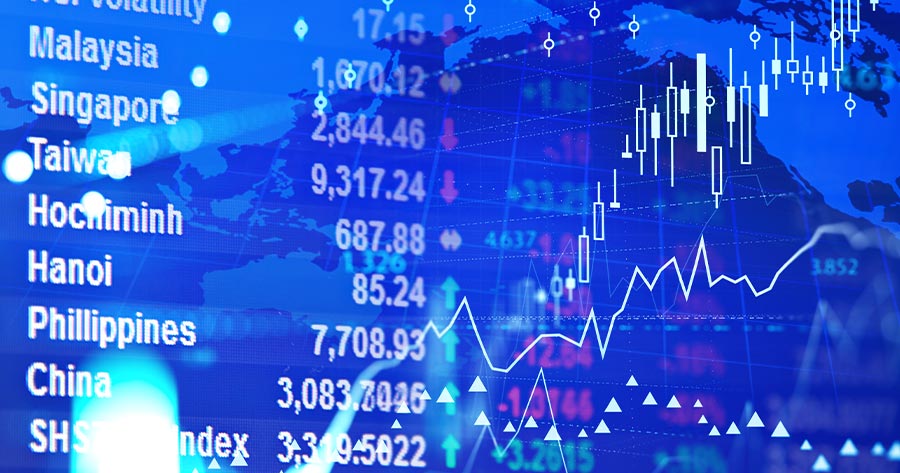On Friday morning (4 April, 9:57 AM, GMT+7, Bangkok time), indices in Asia Pacific exhibited a downward trend across the region following U.S. President Donald Trump’s tariff announcement, amplifying concerns in the global markets. The repercussions of Trump’s unveiling of reciprocal tariff rates for over 180 countries and territories have heightened fears of a potential worldwide trade conflict.
In South Korea, the country’s Constitutional Court upheld the impeachment of President Yoon Suk Yeol, resulting in his removal from office. The ruling initiates a 60-day period during which a new presidential election must be conducted to elect the next leader. During this interim period, Prime Minister Han Duck-soo was reinstated as the acting president, a decision made by the constitutional court on March 24.
Meanwhile, the Hong Kong and Chinese markets are shuttered in observance of the Qingming Festival.
Japan’s NIKKEI slumped by 2.64% to 33,818.18. South Korea’s KOSPI decreased by 0.55% to 2,472.97, and Australia’s ASX 200 dropped by 1.84% to 7,715.2.
Meanwhile, the US stock markets edged down on Thursday as the Dow Jones Industrial Average (DJIA) plummeted by 3.98% to 40,545.93. NASDAQ fell by 5.97% to 16,550.61, and S&P 500 contracted by 4.84% to 5,396.52.VIX jumped by 36.56% to 30.02.
As for commodities, oil prices settled lower on Thursday following OPEC+’s unexpected decision to boost output immediately after U.S. President Donald Trump revealed extensive new import tariffs. Brent futures lost $4.81 or 6.42% to $70.14 a barrel, and the West Texas Intermediate (WTI) plunged $4.76 or 6.64% to $66.95 per barrel.
This morning, Brent futures diminished 37 cents or 0.53% to $69.77 a barrel, and the WTI shrank 37 cents or 0.55% to $66.58 per barrel.
Meanwhile, gold futures slid 0.26% to $3,113.6 per Troy ounce.




